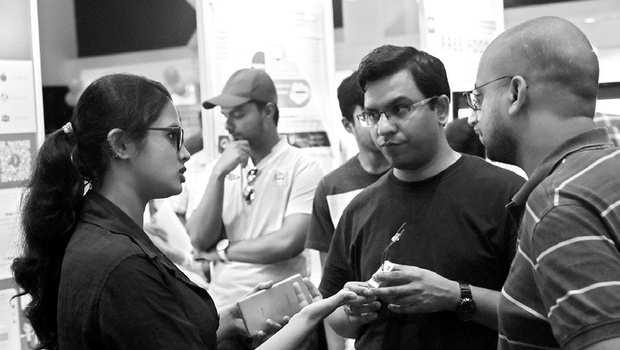According to the findings of a new global study done by Dell Technologies, 78% of businesses believe digital startups will pose a threat to their organization, either now or in the future, while almost half fear that they may become obsolete because of competition from these startups.

Further, 73% admitted that digital transformation could be more widespread throughout their organization while over half have experienced significant disruption in their industries over the past three years. The global study was conducted by Vanson Bourne across 4,000 business leaders across 16 countries and 12 industries, 300 from India.
“With a vibrant startup ecosystem, keen government focus on digitally transforming India, and a tech-enabled consumer base, it’s not surprising that Indian enterprises have sensed the urgency to transform digitally. While transformation is not pervasive, it is critical for organizations to follow the leaders and adopt practices that can enable them to ride the wave of the fourth Industrial Revolution. India has high potential to lead the world in digital transformation, and at Dell Technologies we are in a unique position to accelerate this progress,” said Rajesh Janey, president & managing director, India Enterprise, Dell EMC.
Specific to India, another complementary study by Greyhound Research found that nine out of ten companies had experienced disruption while 26% (compared to 48% globally) don’t know what their industry will look like in three years. Most enterprises in India who are digital leaders are being driven to this by customer demands, while 42% are feeling the pressure from their own C-suite. The executives surveyed said the biggest barriers to progress included immature digital culture (33%), and lack of right technologies to work at the speed of business (32%). Nearly half (43%) don’t measure their digital transformation success.
“India is considered among the most digitally mature economies today and credit to the Indian government and India Inc. on driving our country’s digital transformation agenda. Dell Technologies, will collaborate with customers, partners and consumers to drive human progress and create a technology enabled future. With a proactive government, digitally inspired business leaders and an advanced partner ecosystem, India has the required potential to lead the world’s digital transformation journey,” said Alok Ohrie, President & Managing Director, India Commercial, Dell EMC.
Going ahead, 62% companies said that they would be investing 30% of the 2016 IT budget in transformation projects. This would be in areas like converged infrastructure (80%), analytics, big data and data processing (78%), ultra high-performance compute technologies (82%) and next generation mobile apps (76%) in the next 12 months. About 93% are investing in company-wide data-driven decision-making and 88% are focused on equipping themselves with always-connected,sensor-enabled and location-awar technologies.
A large majority – 87%- said that they face an ongoing need to invest in reskilling their internal IT teams, yet only half rated available internal training resources as fair/ average. Less than 10% rated the internal skills for digital transformation as excellent. Most companies are turning to external help to bring about this transformation, with 86% saying that they are working with system integrators, value added resellers, consultants and other partners to help them on their journey. About 66% of respondents felt that partners add value in explaining the offering, while 39% seek external assistance for training.
Source:http://economictimes.indiatimes.com/small-biz/security-tech/technology/digital-startups-will-disrupt-businesses-study/articleshow/54810696.cms

